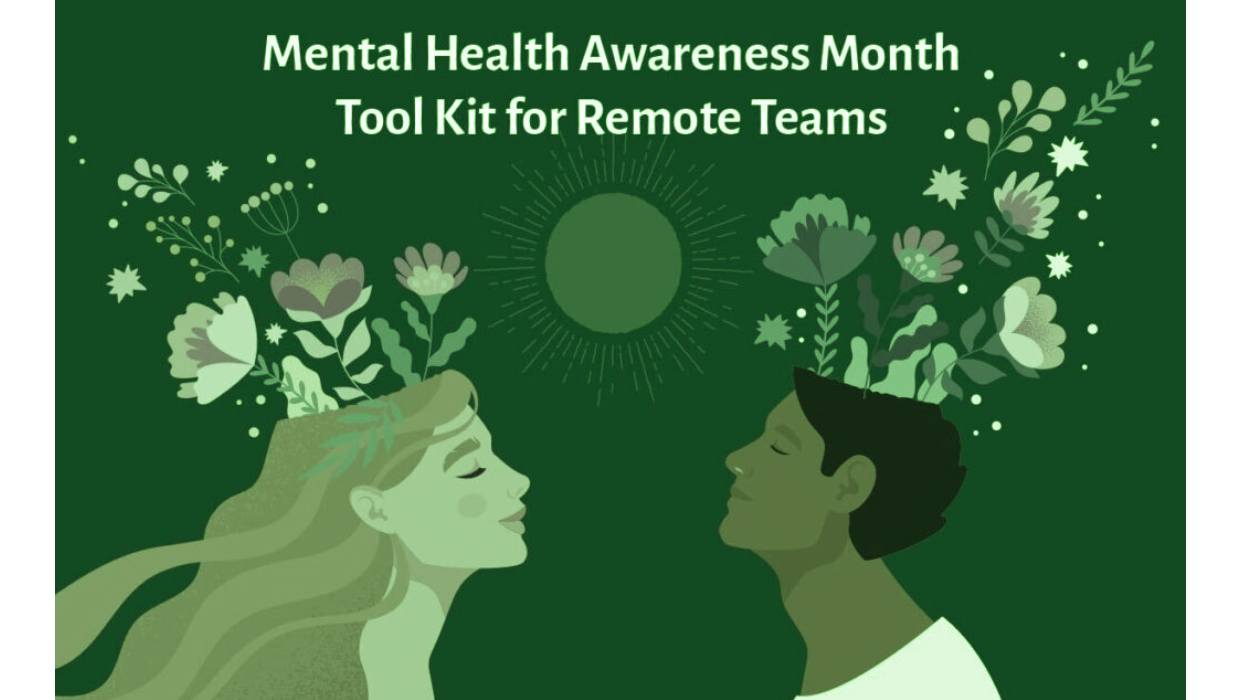Part 1: The Growing Popularity of Dietary Supplements
Did you know that over 70% of American adults report using dietary supplements regularly? This staggering statistic highlights the widespread reliance on products ranging from vitamins and minerals to herbs and amino acids. These supplements are marketed as tools to enhance health and well-being.
However, conflicting information often leaves consumers questioning their true value. Aggressive advertising tactics also contribute to this uncertainty. Are these products genuinely beneficial, or are they simply part of a clever marketing strategy? In this five-part series, we will explore what dietary supplements are. We will discuss their potential benefits and associated risks. Do these supplements actually deliver on their promises? By the end, you’ll be equipped to answer the critical question: Are dietary supplements worth it?

Part 2: Understanding the Basics of Dietary Supplements
Dietary supplements are products designed to supplement one’s diet. They contain ingredients such as vitamins, minerals, herbs, amino acids, or other substances. They come in various forms, including tablets, capsules, powders, and liquids. In the United States, the Food and Drug Administration (FDA) regulates these products under a distinct framework. This framework is different from conventional foods and drugs. Unlike pharmaceuticals, dietary supplements are not required to undergo FDA approval before being marketed to the public. This regulatory approach allows for easier access but shifts the responsibility to manufacturers to ensure safety and efficacy. In contrast, the European Food Safety Authority (EFSA) enforces stricter regulations, requiring scientific evidence for health claims. These differing standards underscore the importance of consumer awareness when selecting and using dietary supplements.
Part 3: The Marketing Hype vs. Scientific Evidence
The dietary supplement market is a multibillion-dollar industry fueled by persuasive marketing strategies. Labels often boast claims like boosting immune function. They suggest supporting weight loss or increasing energy levels. These claims entice consumers to make purchases without sufficient scientific backing. Social media influencers and celebrities further amplify this trend, promoting “miracle supplements” to their followers. Some supplements, like folic acid for pregnant women, have proven benefits. Similarly, omega-3 fatty acids are beneficial for heart health. However, many others lack robust scientific evidence. For example, vitamin C is frequently promoted as a cold prevention remedy. However, research shows it only slightly reduces symptom duration in some individuals. This disconnect between marketing hype and scientific validation highlights the need for consumers to critically evaluate supplement claims.

Part 4: The Risks and Downsides of Dietary Supplements
Dietary supplements can offer benefits in specific cases. However, they are not without risks. One common issue is the potential for side effects, especially when taken in excess. High doses of certain nutrients, like vitamin A, can lead to toxicity, causing nausea or liver damage. Herbal supplements may also interact with medications, reducing their effectiveness or causing harmful side effects. Additionally, concerns about product quality persist. Many supplements suffer from inconsistent potency, contamination with harmful substances, or mislabeling due to lax FDA regulations. Consumers may unknowingly purchase products that do not match label claims or contain harmful additives. These risks are particularly concerning for vulnerable populations, such as the elderly or pregnant women. This highlights the importance of caution when considering dietary supplements.

Part 5: Expert Opinions and Making Informed Choices
Healthcare professionals, including registered dietitians and physicians, advocate for a food-first approach to nutrition. Dr. JoAnn Manson of Harvard Medical School emphasizes that a varied, healthy diet is far better. Relying on individual nutrient supplements is less effective. A balanced diet is more effective. Registered Dietitian Melissa Majumdar adds that while supplements can be useful in specific cases. They should never replace a balanced diet. Experts stress the importance of personalized recommendations based on an individual’s dietary habits, health status, and potential deficiencies. To make informed choices, consumers should consult healthcare providers, opt for third-party tested products, and carefully read labels. Remember, dietary supplements are meant to complement—not replace—a healthy diet. Before adding any supplement to your routine, ask yourself, “Why do I need this?” and ensure your decision is backed by research and professional guidance.








Leave a Reply